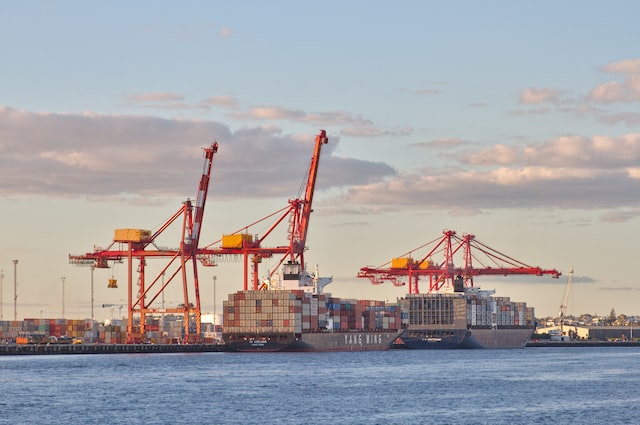
In China, you can usually only sue the supplier, not the agent.
This post was first published in CJO GLOBAL, which is committed to providing consulting services in China-related cross-border trade risk management and debt collection. We will explain how debt collection works in China below.
Many Chinese suppliers will not sign trade contracts or orders with you themselves. Instead, they will entrust an agent to do this.
That’s because only companies that have filed as foreign trade operators in China can engage in import and export business.
If this Chinese supplier does not regard export as its main business, but exports only occasionally, it has no incentive to make such filings. (Please note that starting from 30 December 2022, in accordance with the newly amended PRC Foreign Trade Law, Chinese authorities no longer require market entities applying for certain certificates and qualifications to provide foreign trade operator filing and registration records.)
In contrast, it’s more cost-effective to entrust a qualified agent for this deal.
Therefore, it is this agent with whom you directly deal.
Does this mean that once you have a dispute with a Chinese supplier, you cannot complain to or sue the Chinese supplier?
No, at least it is not the case under Chinese law. You can directly sue the supplier.
Chinese Contract Law has added a clause specifically for this situation, under which if you are aware of the agency relationship between the supplier and the agent at the time of contracting, you can sue the supplier directly.
Also, you can only sue the supplier (rather than the agent), because the clause is designed to protect agents in some way.
In the view of Chinese legislators, agents may use their qualifications to represent a large number of transactions. If each transaction were left to the agent to bear the consequences, the cost of agency business would soar.
* * *
Do you need support in cross-border trade and debt collection?
CJO Global's team can provide you with China-related cross-border trade risk management and debt collection services, including:
(1) Trade Dispute Resolution
(2) Debt Collection
(3) Judgments and Awards Collection
(4) Bankruptcy & Restructuring
(5) Company Verification and Due Diligence
(6) Trade Contract Drafting and Review
If you need our services, or if you wish to share your story, you can contact our Client Manager Susan Li (susan.li@yuanddu.com).
If you want to know more about CJO Global, please click here.
If you want to know more about CJO Global services, please click here.
If you wish to read more CJO Global posts, please click here.
Photo by Steve Doig on Unsplash
Contributors: Meng Yu 余萌








